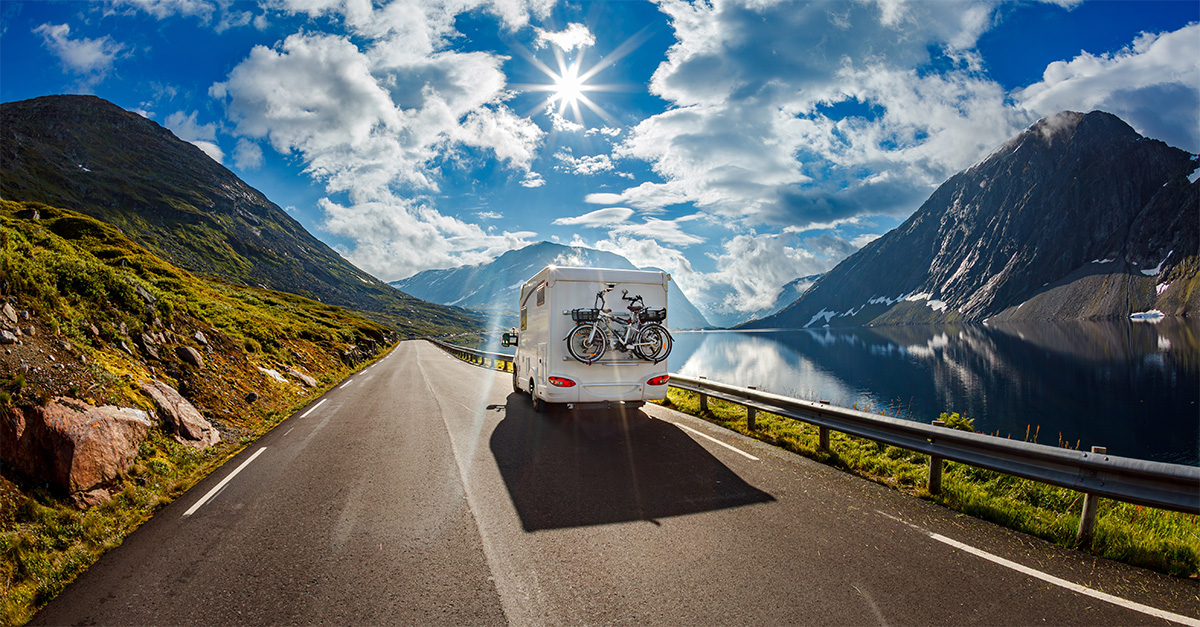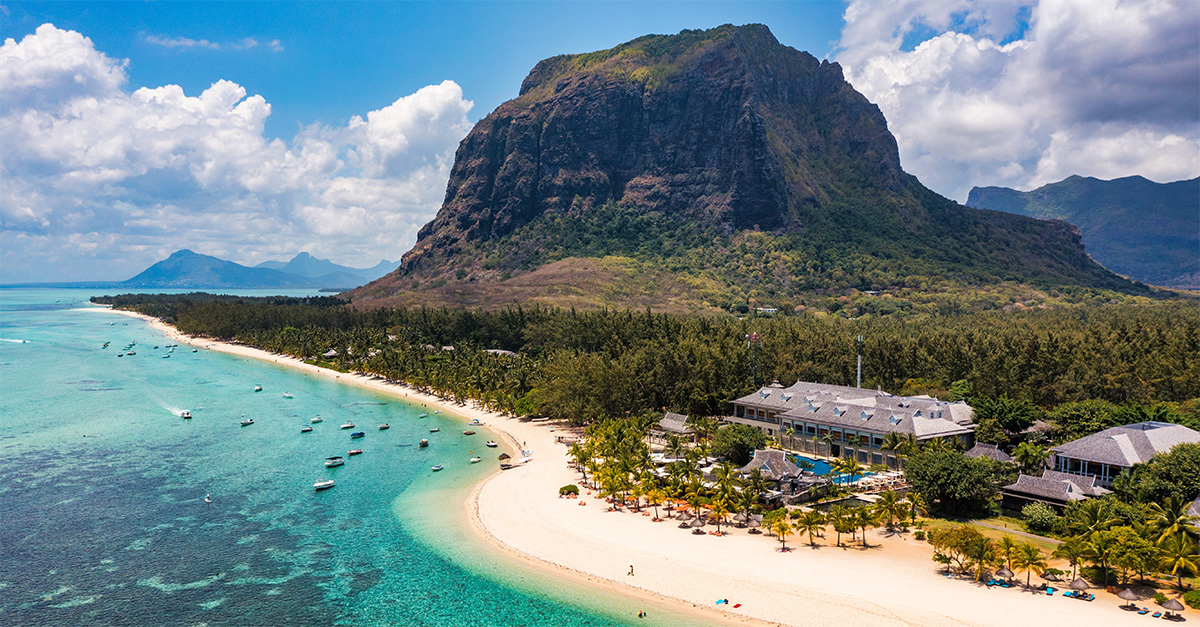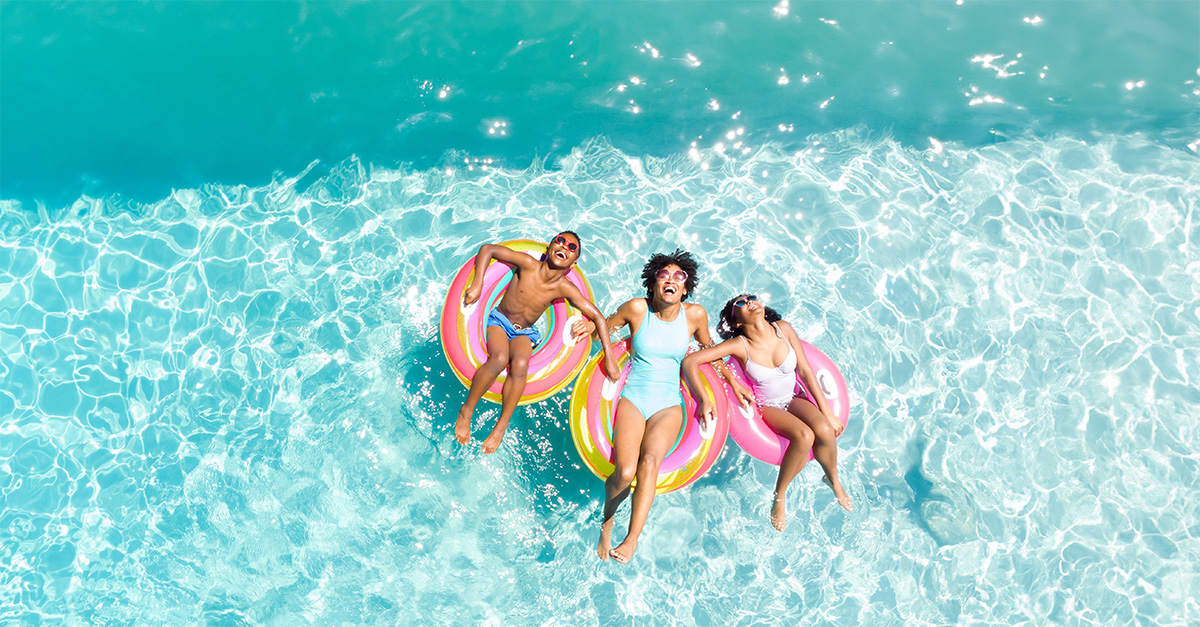In the fourth book in The No.1 Ladies’ Detective
Agency series, called The Kalahari Typing School for Men, its
heroine, the delightfully named Precious Ramotswe, muses how her
assistant should be proud to be “a citizen of Botswana, of
the finest countries in Africa”. She then goes on to ponder
how sad it is that few people outside its borders appreciated
it.
“Nobody came to Botswana, because people did not know about
it. They had not heard.”
That may have been true at the time Scottish writer Alexander
McCall Smith started penning his best-selling series. But now, with
more than a million copies of the books sold, translations in more
than 30 languages and a television pilot directed by The English
Patient director Anthony Minghella on the way, Botswana is finally
putting itself on the map. It is one of the tourism success stories
of the continent – precisely because it does not attract huge
numbers.
According to Sunvil managing director Chris McIntyre, author of the
Bradt guide to Botswana, the country’s market has changed
beyond recognition over the past 15 years.
“It used to be a low-budget option popular with backpackers
and South African families who would arrive in four-wheel drives
with the nanny and a tent the size of a house,” he
said.
“But the parks were getting damaged and couldn’t handle
the impact. The government increased the park fees ten-fold and
imposed a limit on bed numbers to private concessions. To survive
they had to go upmarket, numbers dropped, the government made good
money and the safari areas were in far better condition. Botswana
has got it right,” he added.
That’s not all it’s got right. Botswana’s
political and economic stability, coupled with an extremely low
crime rate, make it a very appealing option in southern Africa.
Added to this, in a country the size of France, there is a
population of just 1.7million. Almost 40% of the country is used
for wildlife and conservation purposes – so visitors get a
lot of wilderness for their money.
The Kalahari is the ultimate wilderness, and fortunately for
Botswana it offers the lion’s share. The Kalahari’s
Deception Valley Lodge is surely as remote as it gets; the air is
pristine and the night sky a vast dome of countless stars.
During the day, on a game drive in the only vehicle around in
15,000 acres of landscape, we crashed through the bush, snapping
down branches in pursuit of a movement that caught the
guide’s eye. Suddenly, we ground to a halt and a leopard
walked out of the bush in front of us, glanced over his shoulder at
his spellbound audience and, with a languid flick of his tail,
strolled over to a tree and flopped down in the shade to eye up a
flock of distant guinea fowl for supper.
There is too much rain in the Kalahari, and too much vegetation as
a result for it to be classed as a true desert. It is officially a
semi-desert, with wave upon wave of low dunes dotted with trees and
bush, home to everything from
black-maned lions to red-billed quealea birds who arrive in their
millions in the rainy season.
The game is spread over a much greater area than in more verdant
parts but it is certainly there. One evening at dinner a lion
sauntered by the other side of our camp fire. He then roared all
night, rejoicing in his kill, which he dragged past my verandah the
next morning.
Botswana is full of surprises. Just a 20-minute flight in a
six-seater aircraft from the dry Kalahari, we came across so much
water that roads became impassable and people were moving around by
boat. No wonder – the Okavango is the largest inland delta in
the world.
Every year 11 million cubic metres of water flow into the Okavango
Delta from the Angolan highlands, causing rivers to overflow and
giving rise to a permanent swamp. Grasslands turn into flood plains
with waving papyrus and reed beds.
The water is a magnet for the thirsty antelope, zebra and giraffe
which make a seasonal migration to the Okavango, closely followed
by their predators – lions, leopards and wild dogs. And
visitors will see one animal here that will never appear in the
Kalahari. The hippos grunt all night and, when you see them the
next day, are likely to be frolicking and splashing in the water.
We spent a good deal of our time in the water – either on
motorboats or gliding silently through the reed beds on the local
dugout canoes, known as mokoros. Deep in the delta, you get
surprisingly close to the wildlife. Buffaloes stand in the
shallows, elephants venture out for a drink and crocodiles bask on
the muddy shores. Around the lodge baboons have huge family fights
observed by fruit bats in the rafters.
Botswana is Africa as it used to be – an untamed wilderness,
but visitors can also expect stunning lodges, sleeping beneath
mosquito nets and eating under the stars surrounded by burning
braziers to keep off the chill.




